Description
Triple 20″ x 4.5″ Spot free Car Washing and Window Cleaning System with TDS meter and true bypass. Reduces total dissolved solids which cause mineral spotting and pitting.
This a premium Spotless Rinse water filter system which uses high-quality housings, brackets, fittings, and media. Dramatically reduces Totally Dissolved Solids.
Designed for professional vehicles detailers, window cleaners, and dedicated car enthusiasts who want the best of the best. Produces spotless sparkling clean windows and vehicle paintwork.
The Triple Big Blue TDS System will stop streaking and spots on the paint, windows and duco caused by mineral residue from our water.
There is no need to use a squeegee or chamois ever again. This will save you time and money and leave you with spot free surfaces every time.
The first filter contains sediment pads and a high-grade coconut carbon which reduces abrasive sediment particles and potentially corrosive chemicals. This filter also protects the mixed bed resin in stages 2-3 from chlorine.
The next two filters contain a high grade mixed blend of special Demineralizing Resins which remove dissolved minerals and exchange them for harmless molecules.
The end result is a vehicle or window which is free of mineral spots.
Unlike other units on the market which are mostly made of plastic, this system uses premium components including brass / stainless steel fittings, taps, inlet ports, water lines and so on. It is designed for professionals and car enthusiasts who prefer quality products.
Please note: As this is a bulky item, we may need to obtain a freight quote for you. You will be notified on the checkout page if we need to manually obtain pricing through StarTrack or another provider.
Features
- High-quality Triple Big Blue Filter housing 20″ x 4.5″ with 1″ female brass inlet/outlet ports and stainless steel bracket
- Refillable filter cartridges to reduce running costs. Simply buy bags of resin and carbon as needed.
- True bypass feature with high quality brass and stainless steel components. Turn to avoid using wasting resin capacity on initial wash down
- Built in TDS meter to monitor resin performance
- Designed as a portable unit with standard click on garden hose fittings of outdoors, but can also be plumbed in (pressure reducing valve required if pressure exceeds 550 kpa)
What’s In The Box?
- Triple 20″ x 4.5″ Big Blue Water Filter Housings on Stainless Steel Bracket
- 1 x Refillable 20″ cartridge pre-filled with coconut carbon for sediment/chemical reduction
- 2 x Refillable 20″ cartridges pre-filled with TDSR mixed bed resin for TDS reduction
- Housing spanner
- TDS meter
- All fittings shown above including brass ball valve, 316 Stainless steel mega flow lines, brass/stainless connectors, brass push on hose fittings
- A set of flushing instructions
- (Optional) 304 Stainless Steel Cover to protect your system from sun damage and improve it’s appearance.
- (Optional) Additional TDSR refill bags
- (Optional) PRS20 3/4″ Pressure Limiting Valve — required if unit is plumbed into a copper line and pressure ever exceeds 550 kpa
Please note: The system will be delivered partially assembled with most fittings dry-fit. Thread taping of fittings will be required. Please read the installation manual
Replenishing Your Media
Replacement cartridges are available or you can refill the cartridges with loose resin, which makes this a very economical system to maintain.
To replace the resin or carbon simply undo the blue housings and remove the refillable cartridge inside. Un-screw the top cap off the cartridge and empty out the media, then wash out the cartridges before refilling with new resin. The carbon should be flushed before installing the resin, as some carbon fines may be released.
Each resin cartridge takes approximately 3.8L of Mixed bed resin to fill. ( 7.6L in total ). The carbon filter takes approximately 2kg of carbon.
Mixed bed resin refills and carbon refills are available in the product options and in the related products below.
Operational Notes
This system can produce superior Distilled water compared to bottled grade Distilled Water and even Reverse-Osmosis water which both still have a TDS reading around 5ppm in the bottle.
To extend the resin life use unfiltered water on the initial wet down and washing of dirty areas. Then switch over to the TDS free water for your final rinse. When using a hose just a quick rinse running the TDS free water over entire the job will extend the life of the Demineralizing Resin.
To run the TDS free water over the average car should only take less then 2 minutes.
If using a pressure cleaner as the final spot free rinse, we recommend using a small flow rate pressure cleaner (around 5 LPM) to conserve water usage and extend resin lifespan. Faster flow rates can be used, but resin lifespan may be shortened. The resin’s performance will vary based on your water’s hardness levels and the flow rates used.
You only need a curtain of water to run over the job as a final rinse to achieve a spot free finish, so a slower flow rate during this final stage is recommended.
For spot free rinse the resin is normally replaced when you get a reading of 8-10 ppm or higher or when spotting starts to appear depending on your application.
Frequently Asked Questions
What is Deionized Water?
The terms ‘deionized water’ and ‘demineralized water’ both describe water that has had some ions (positively or negatively charged particles) removed. This includes common dissolved solids made from minerals including sodium, calcium, magnesium, and copper.
This form of water is extremely pure and has a zero or very low TDS reading. Because it has had most of its dissolved solids stripped out, it won’t leave any nasty residues on your car which could eat into your clear coat or paintwork. It also won’t produce streaking or spots on windows and other glass surfaces
What’s The Difference Between Distilled and Deionized Water?
Distilled water and deionized water are often confused by the general public. Although they are very similar, deionized water has some important advantages:
- Deionized water can be made on-demand while distillation takes time and a significant amount of energy
- It’s typically much cheaper to use deionized water as resin is quite affordable. Distilled water can be very expensive.
- You can connect a hose or pressure sprayer directly to a deionizing car washing system, which makes it very convenient for car detailing
What Is Mixed Bed Resin?
The ion exchange resins most commonly used in spot free car washing systems are ‘mixed bed’. This means they have a combination ‘anion’ resin and ‘cation’ resin.
Anion exchange resins hold a positive charge, so they will attract and exchange negatively charged contaminants for harmless particles. Cation resins are the opposite, they are negatively charged, so they will attract and exchange positively charged particles.
You can think of cation and anion exchange resins as powerful magnets that capture passing contaminants through electromagnetic attraction.
Mixed bed resins will exchange both positive and negatively charged dissolved solids for harmless de-ionised molecules like sodium and chloride.
Hard water contains a lot of calcium (Ca2+) and magnesium (Mg2+) metal cations. They are primarily responsible for scale formation and cause water spots very quickly. They can be capture by the cation exchange resins.
Mixed bed resin also deals with anions in the water, including bicarbonates (HCO3) and sulphates (SO4), which are attracted to the cation exchange resin beads.
How Long Do You Get Out Of Each Resin Refill?
The length of time your resin will last will depend on a number of factors and there is no defined volume in litres or time frame.
How hard or soft is the water that you’re running through your TDS system will determine the service life of the resin. Resin will last longer if you are in a soft water area up to 60 ppm compared to hard water areas above 140 ppm and if you are in extremely hard water areas you must use the TDS resin system sparingly to minimise resin change outs.
The bigger the system or vessel is the more resin it can hold, and the longer between change outs. The resin beads have a limit and capacity to attract contaminates, so when the resin is saturated it can no longer attract and has reached the end of its service life. This is why small volume single filter cartridges cannot handle the flow and have a very short service life.
Flow rate through the system should be set to the minimum to achieve the desired result for your application. If you used 20 LPM of water you will use up the capacity of the resin quickly. It is recommended to reduce the flow as much as possible and try and keep the rinse down to less than 5 LPM to conserve the resin.
What Flow Rate Can Deionizing Water Systems Handle?
If the flow rate is too fast, more dissolved solids will make it through the system. Fast flow rates can also damage the resin, causing it to wear out prematurely.
Most spot free car washing systems will support a flow rate of between 5-8 litres per minute. That is fine in most cases as the deionized water only need to run at a flow rate fast enough to rinse off contaminated water.
If you want to achieve a faster flow rate, then a larger vessel that contains more resin will be required. Contact us with your requirements and we will help you find a suitable system.
Flow regulators and flow meters can also used to ensure your flow rate doesn’t pass recommended levels.
How Do I Test For TDS?
The simplest method is to use a digital handheld TDS meter. They will accurately measure the Total Dissolved Solids in water at levels between 0 and 999. The spot free car washing systems above both include a TDS meter, so you can test your water as often as you like.
What Is The Simplest Way To Get A Spot Free Car Rinse At Home?
The simplest way to achieve a spot free car rinse at home is to use a portable deionizing water system. They are simple to use and will strip virtually all of the damaging mineral and chemical content from your water supply. They are also very affordable and easy to store.
What Do Car Washes Use For Spot Free Rinse?
Car washes use a variety of approaches to achieve a spot free rinse, including:
- De-ionized water
They are larger scale versions of the systems above, with large vessels containing mixed bed resin to remove TDS. - Reverse osmosis water
Large RO systems are on premises, generating hundreds of litres of low-TDS water per day - Distilled water
Less common due to the cost of the product - Chemicals
Some car washes will offer soaps that are designed to reduce the risk of water spot formation. They are designed to help the water droplets slide off the car after rinsing. They are not very effective.
Interested in learning more about the benefits of spot free car washing systems?

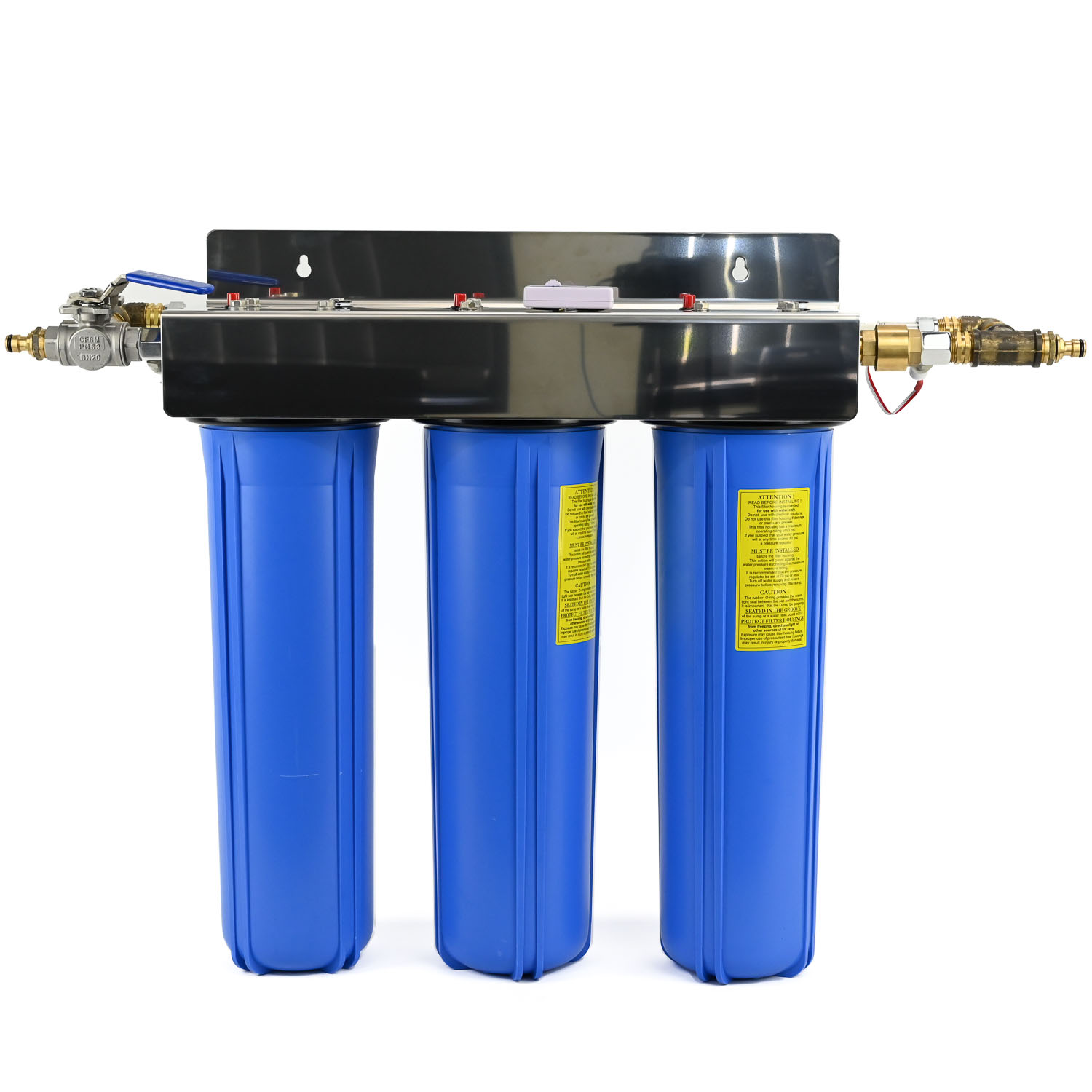
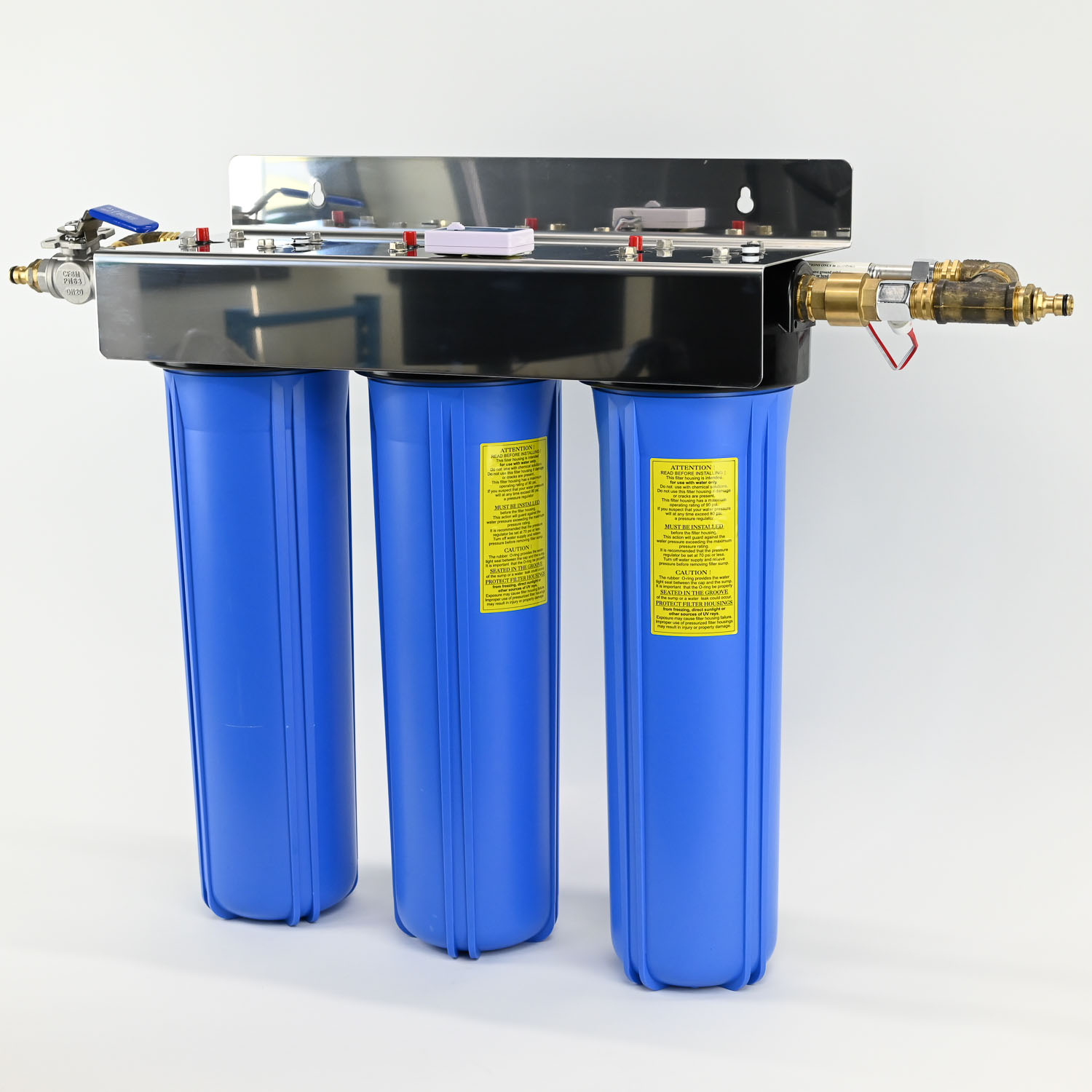
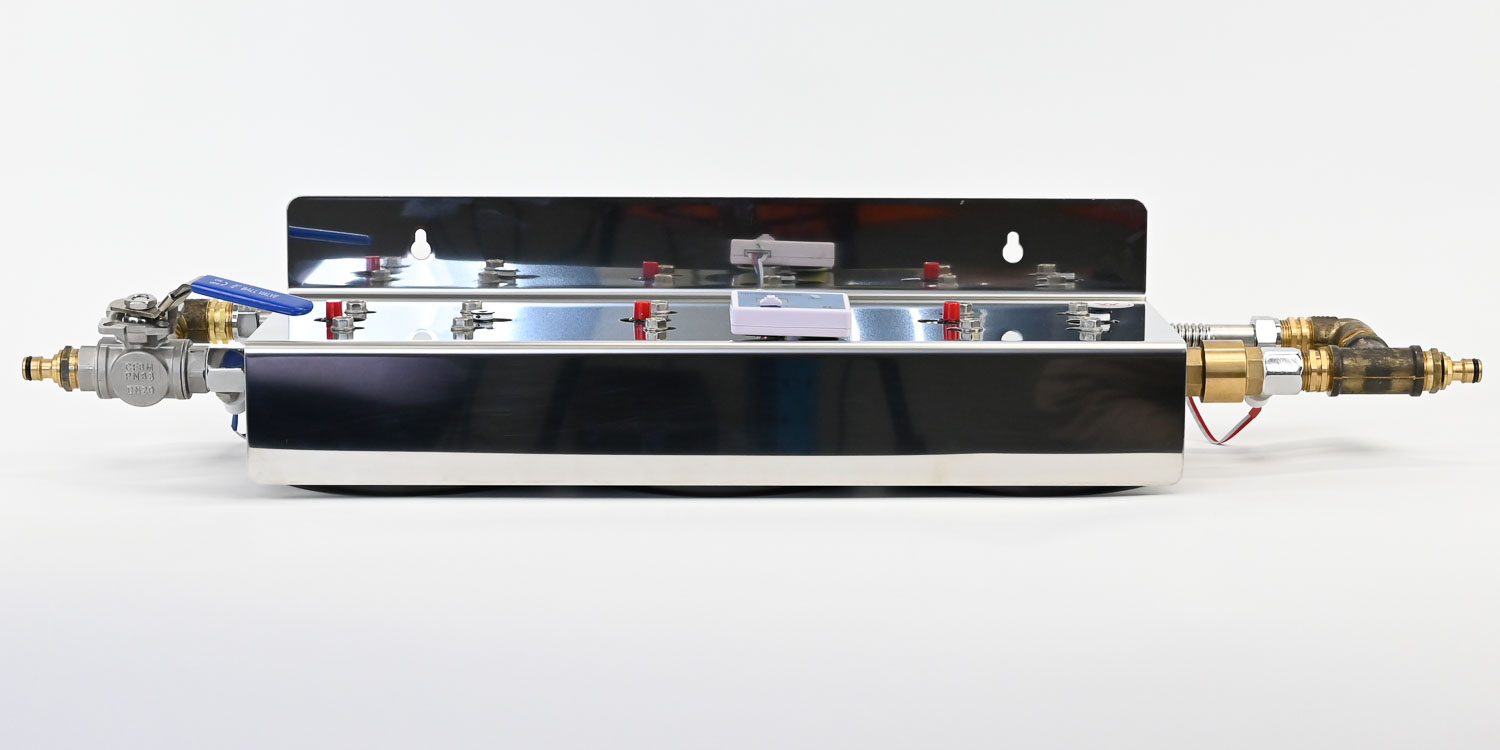
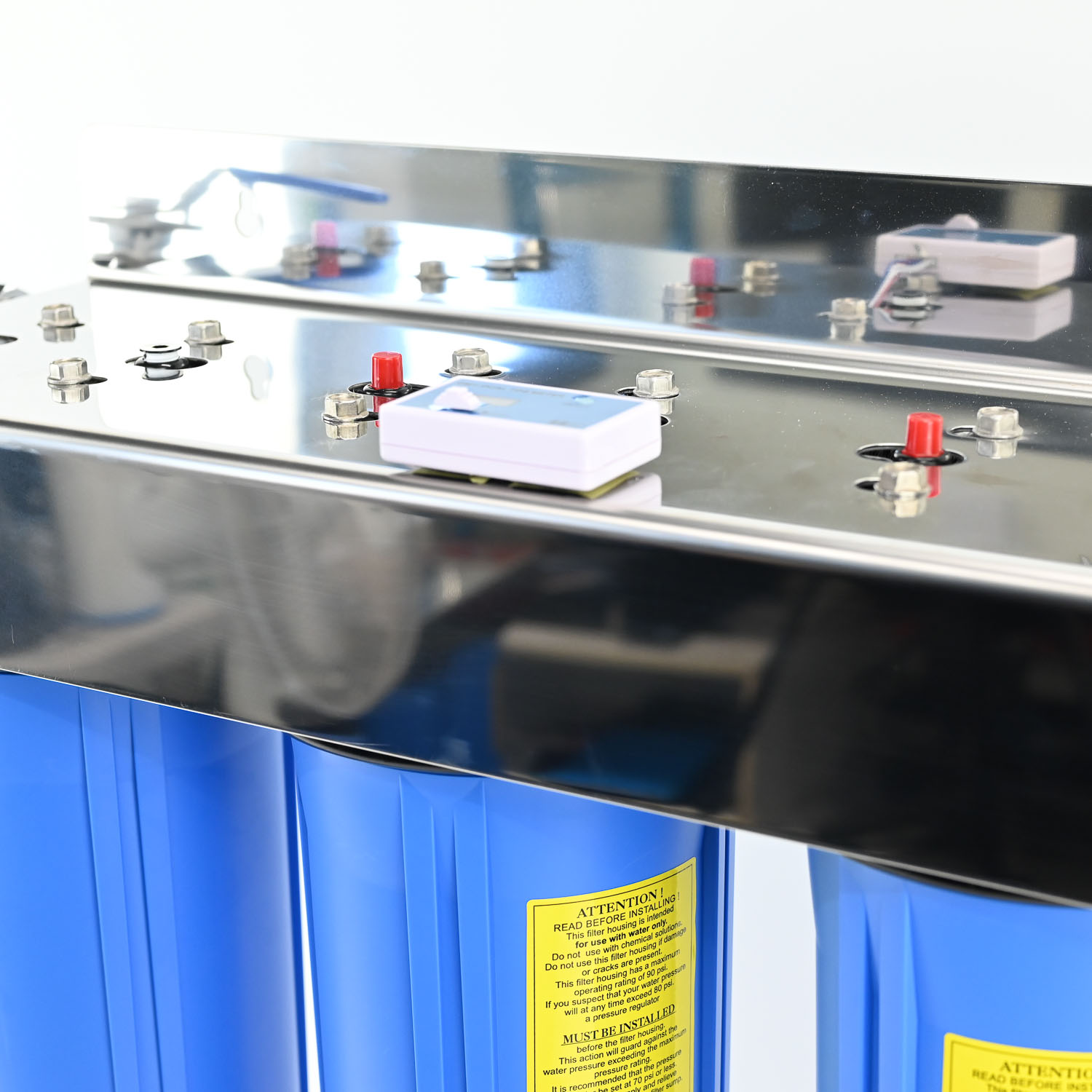
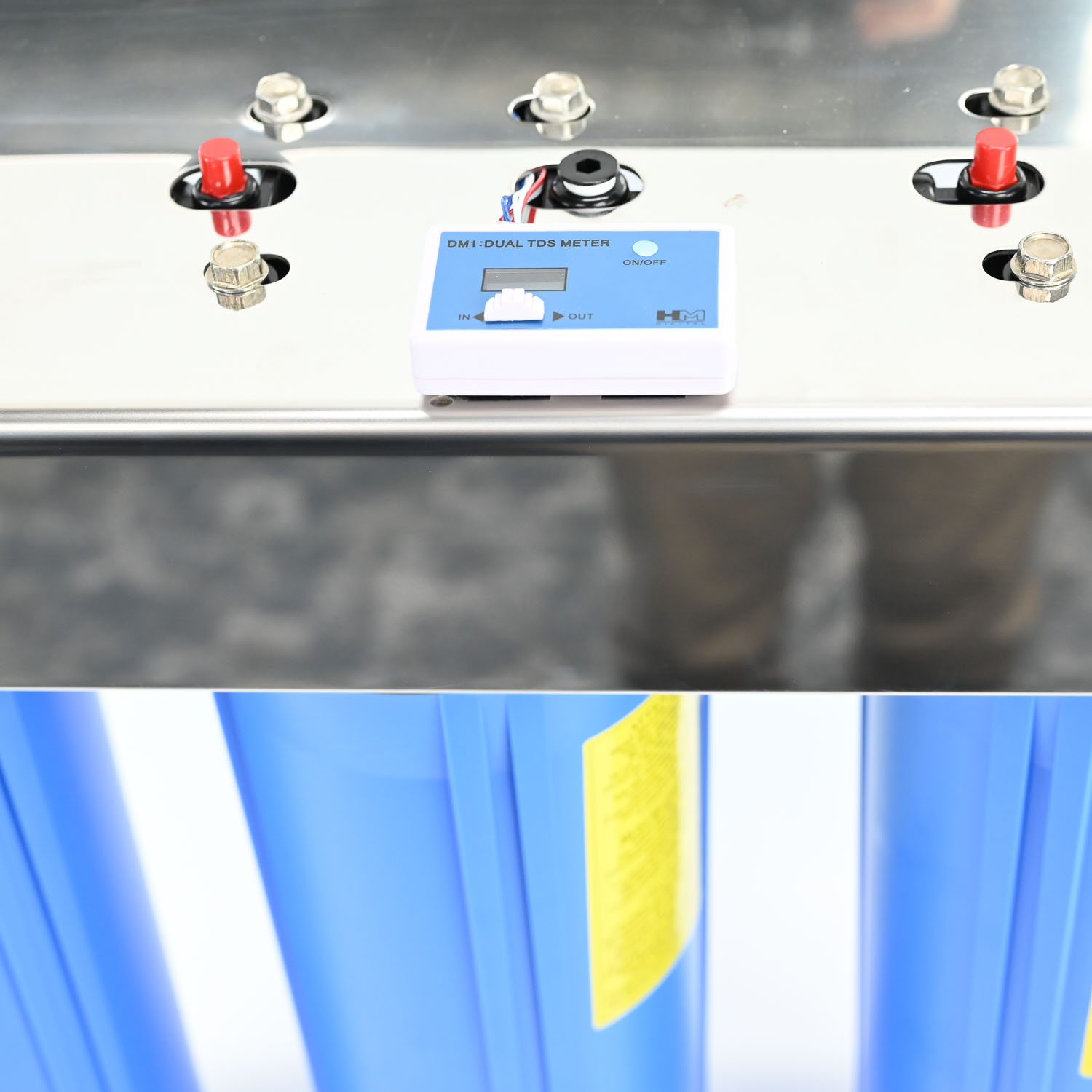
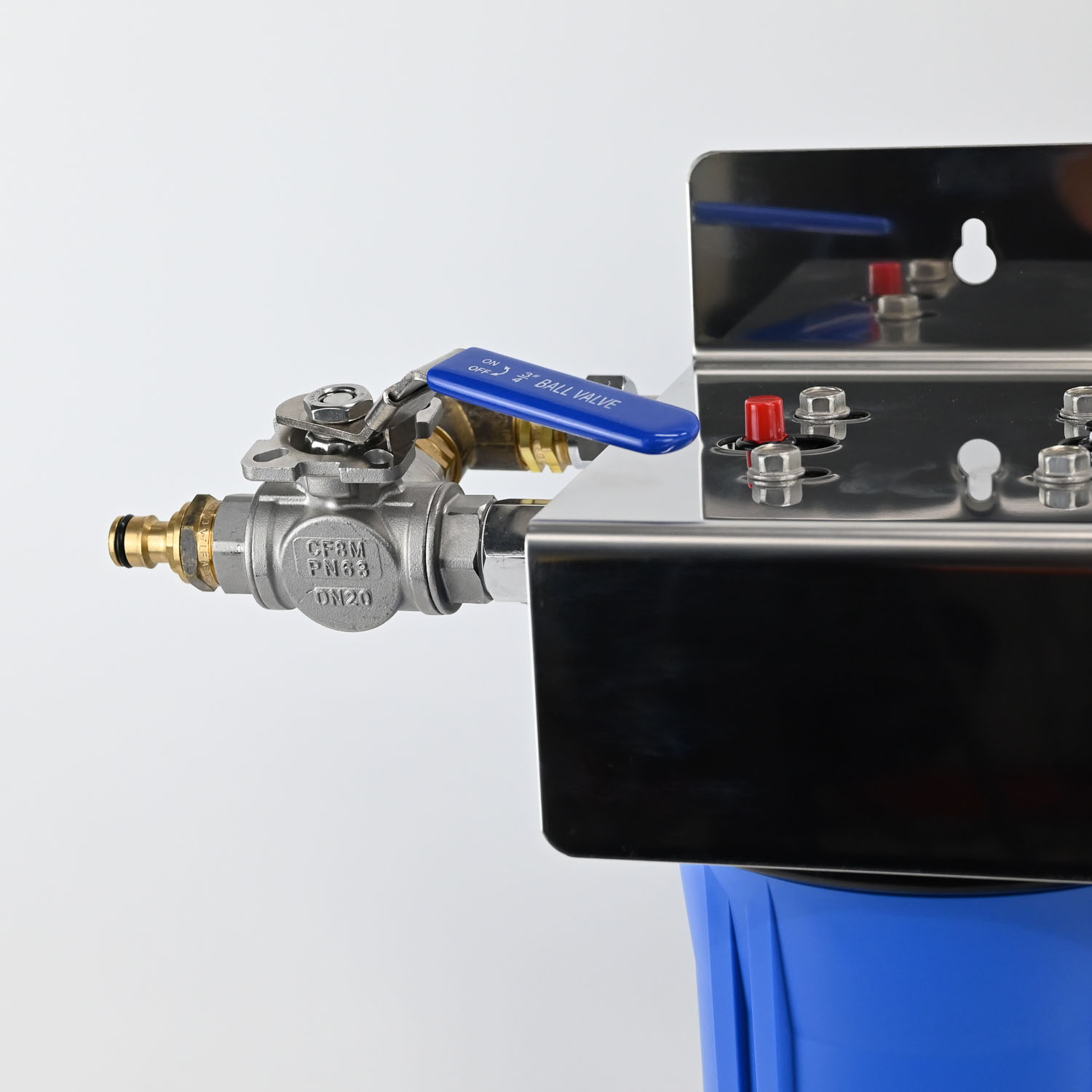
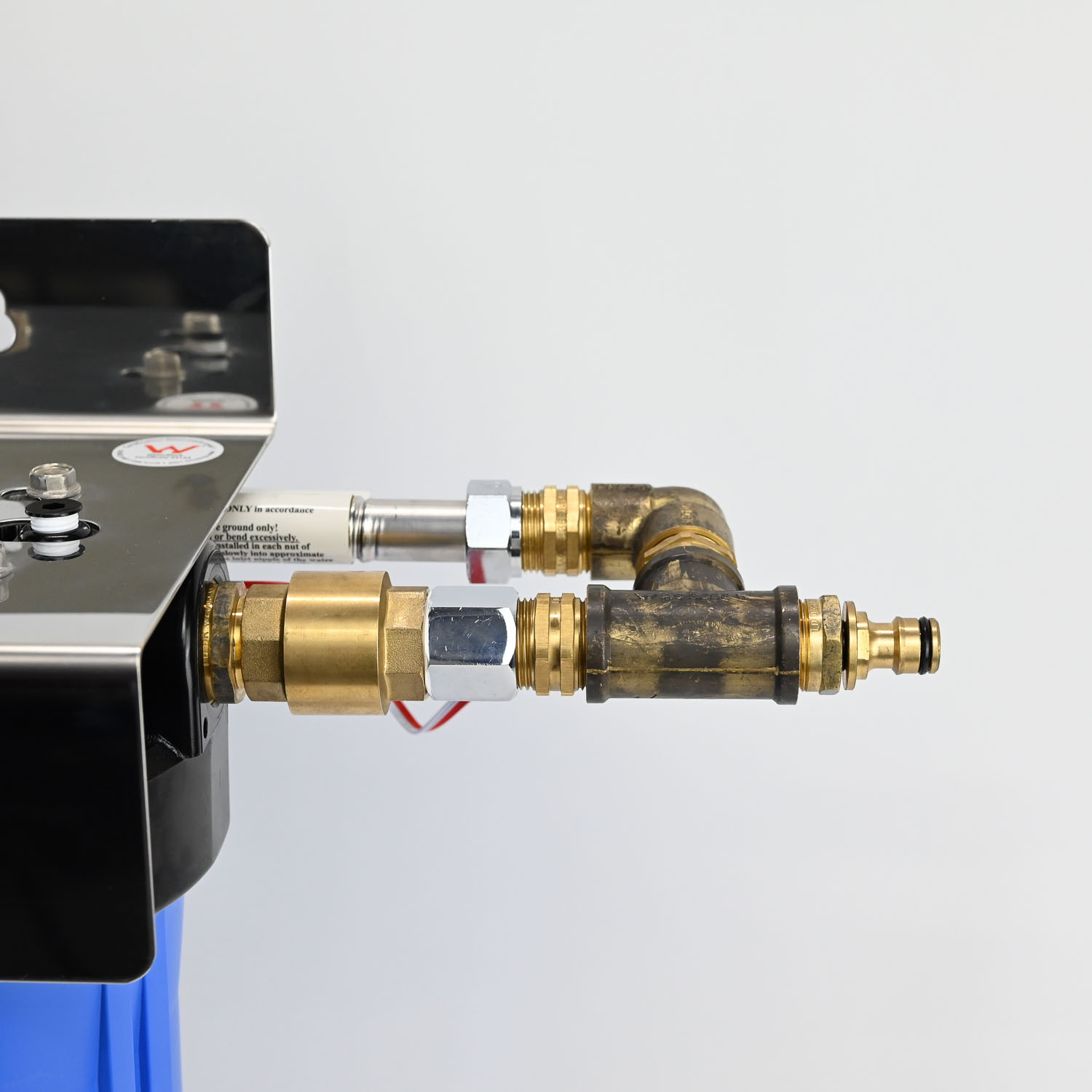
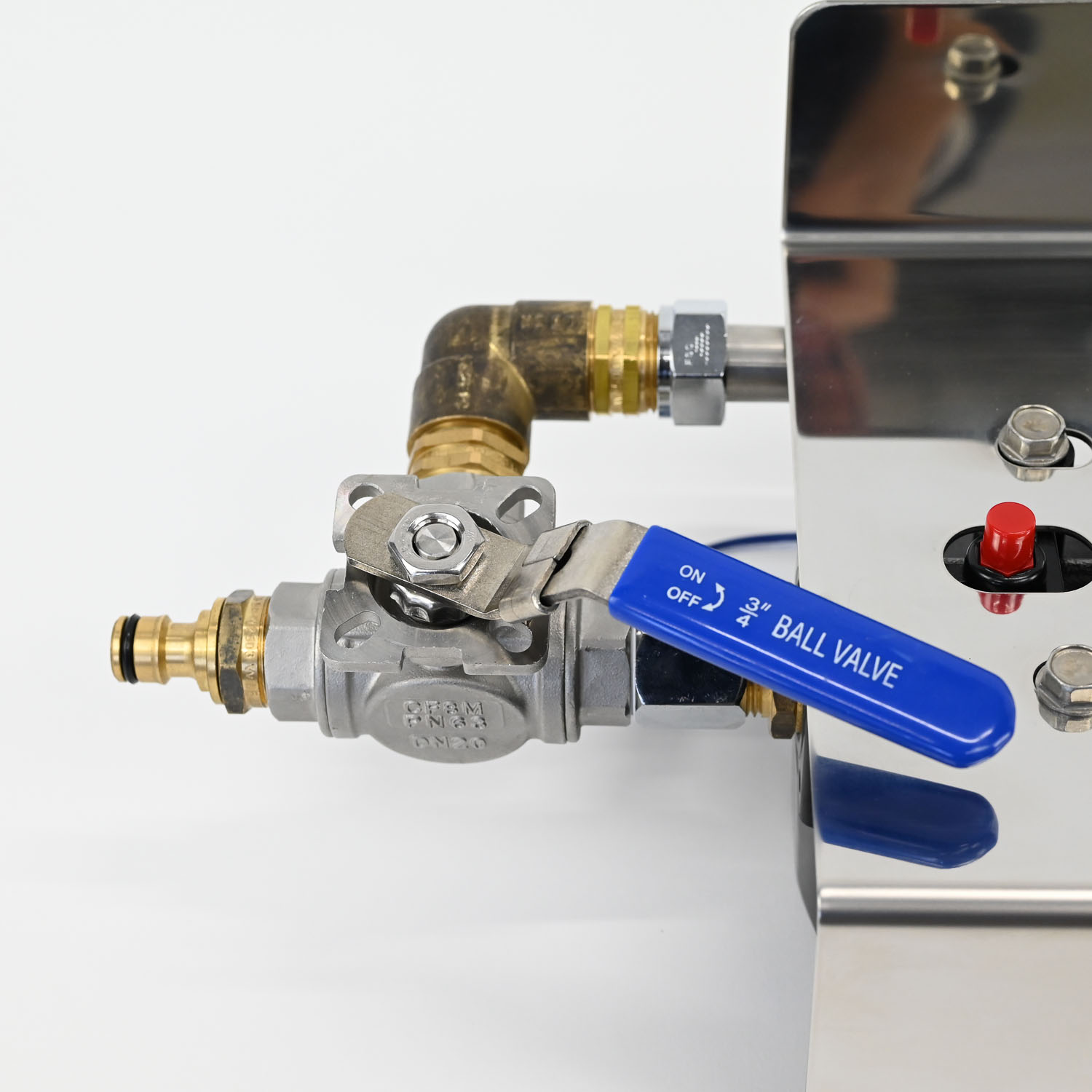
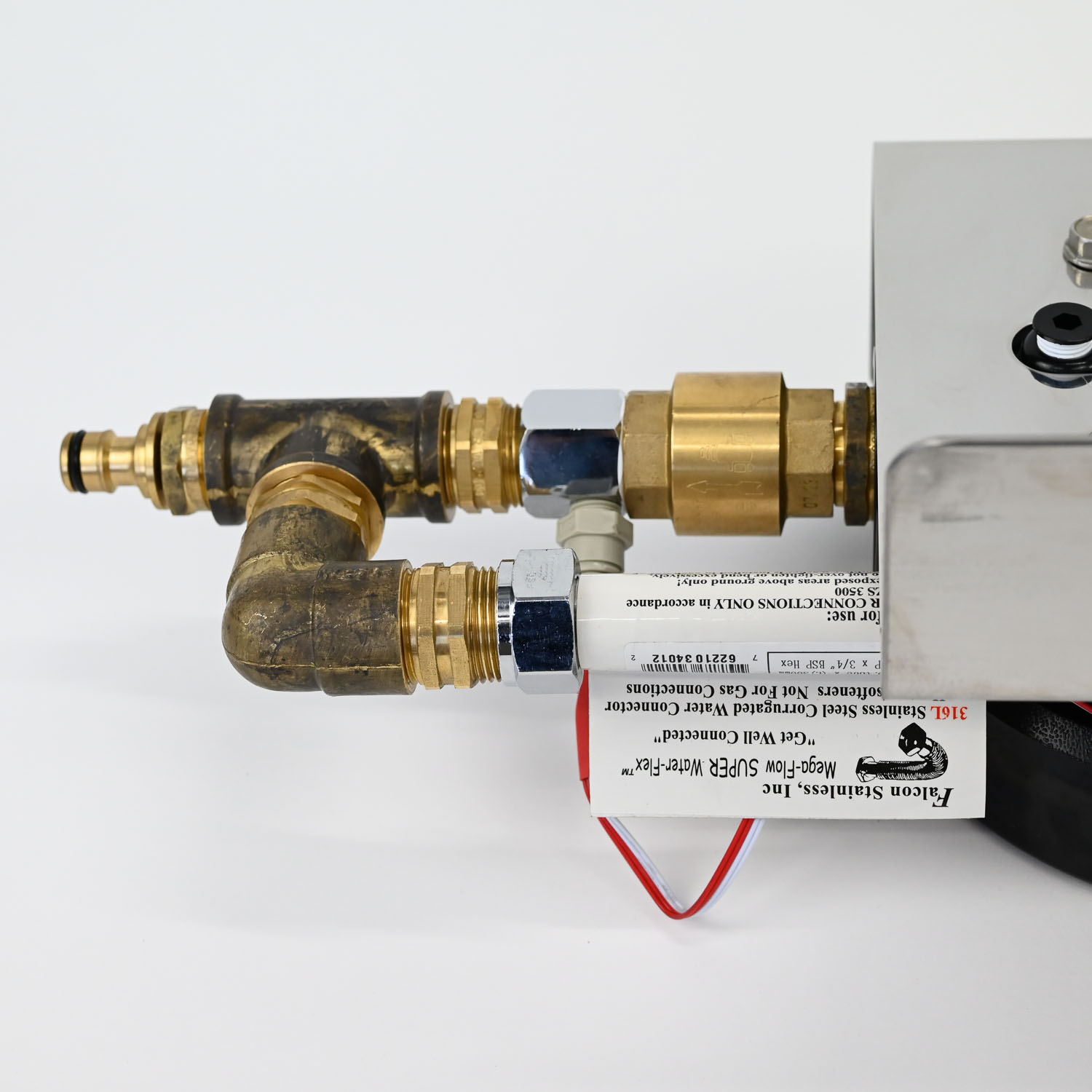
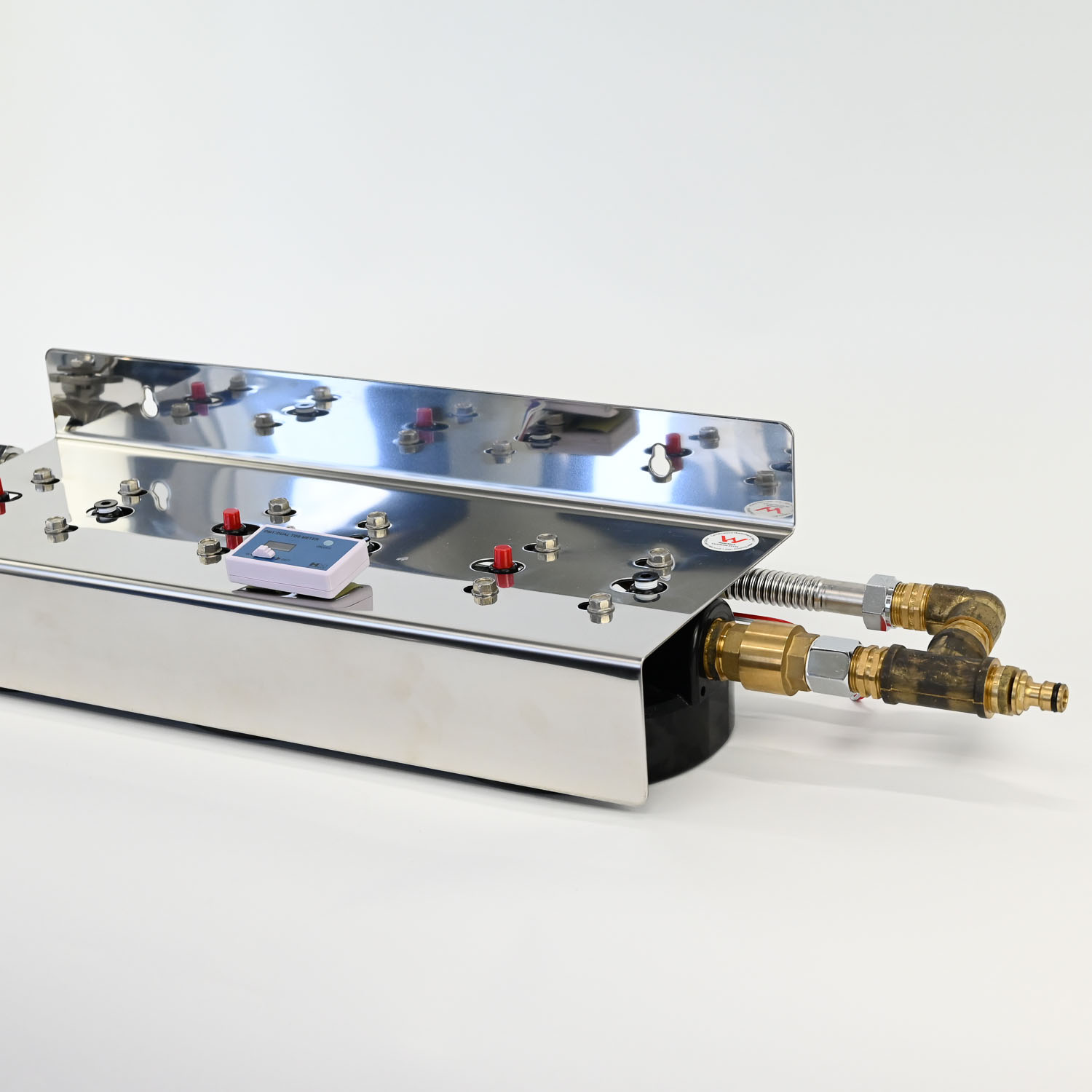
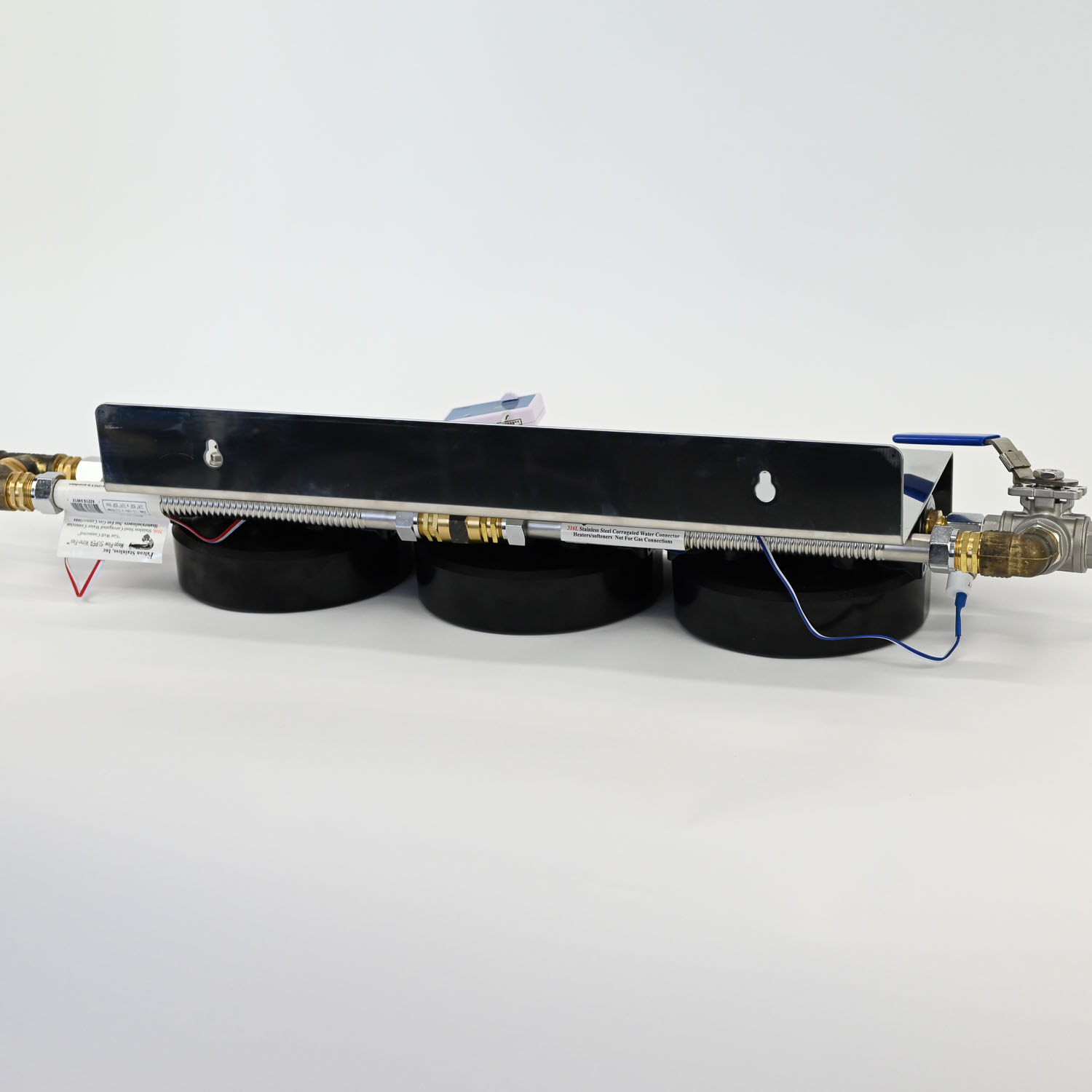
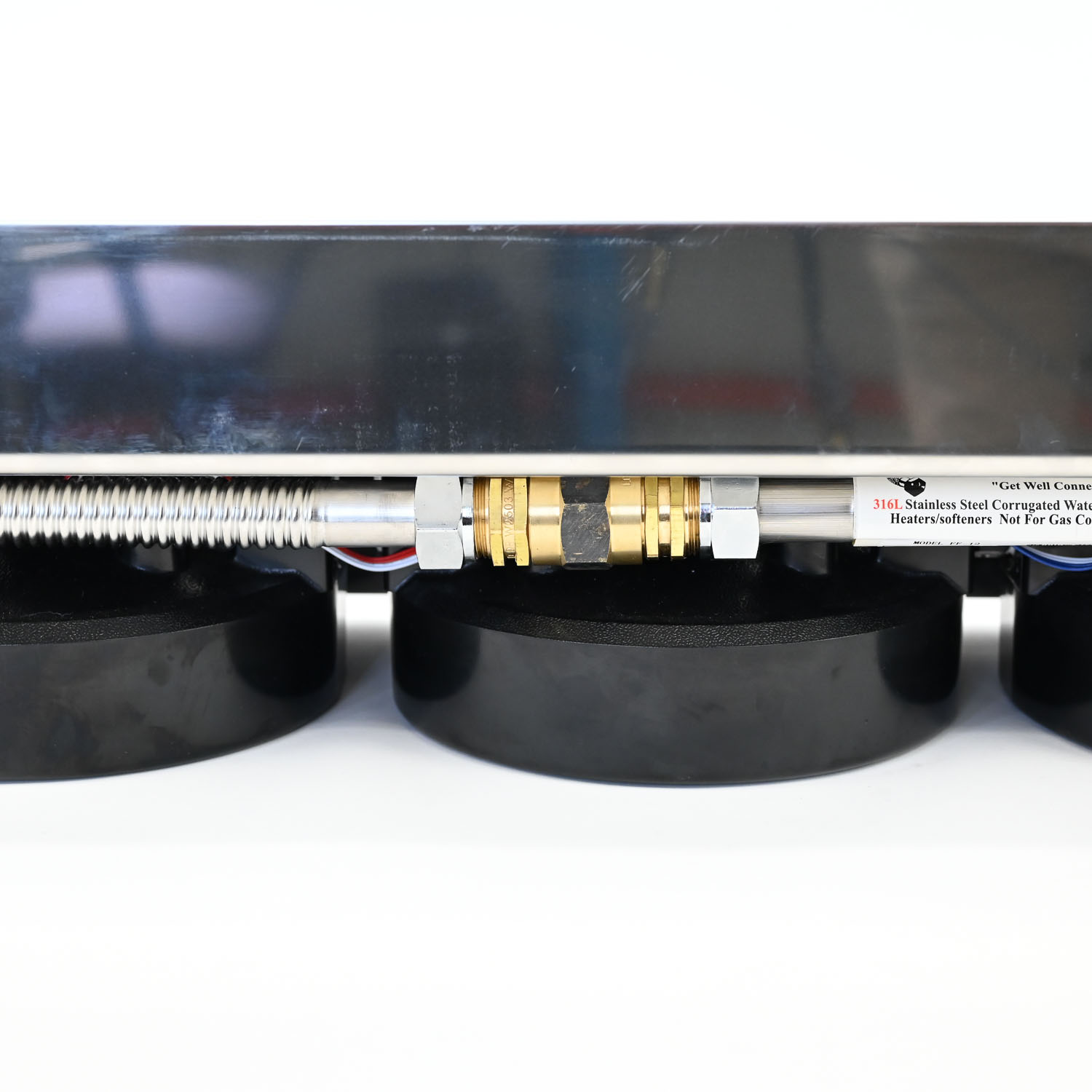
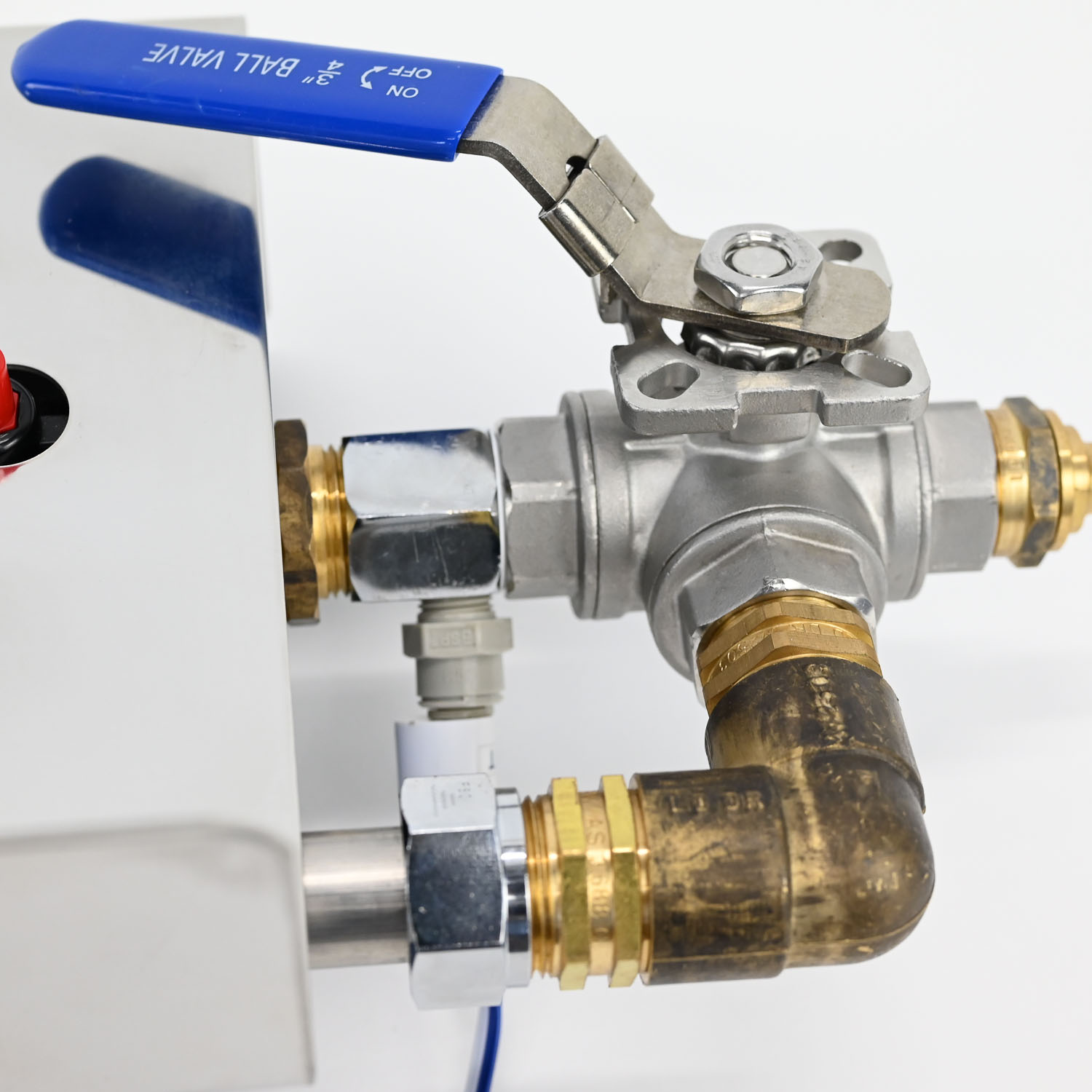
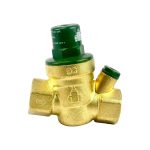
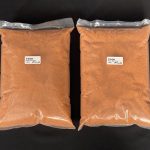
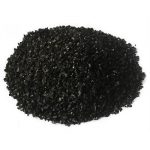
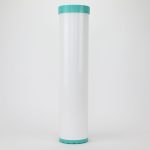


Reviews
There are no reviews yet.